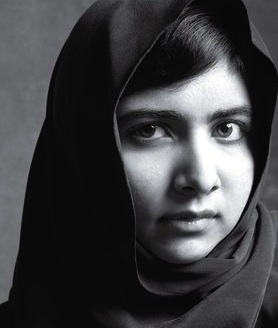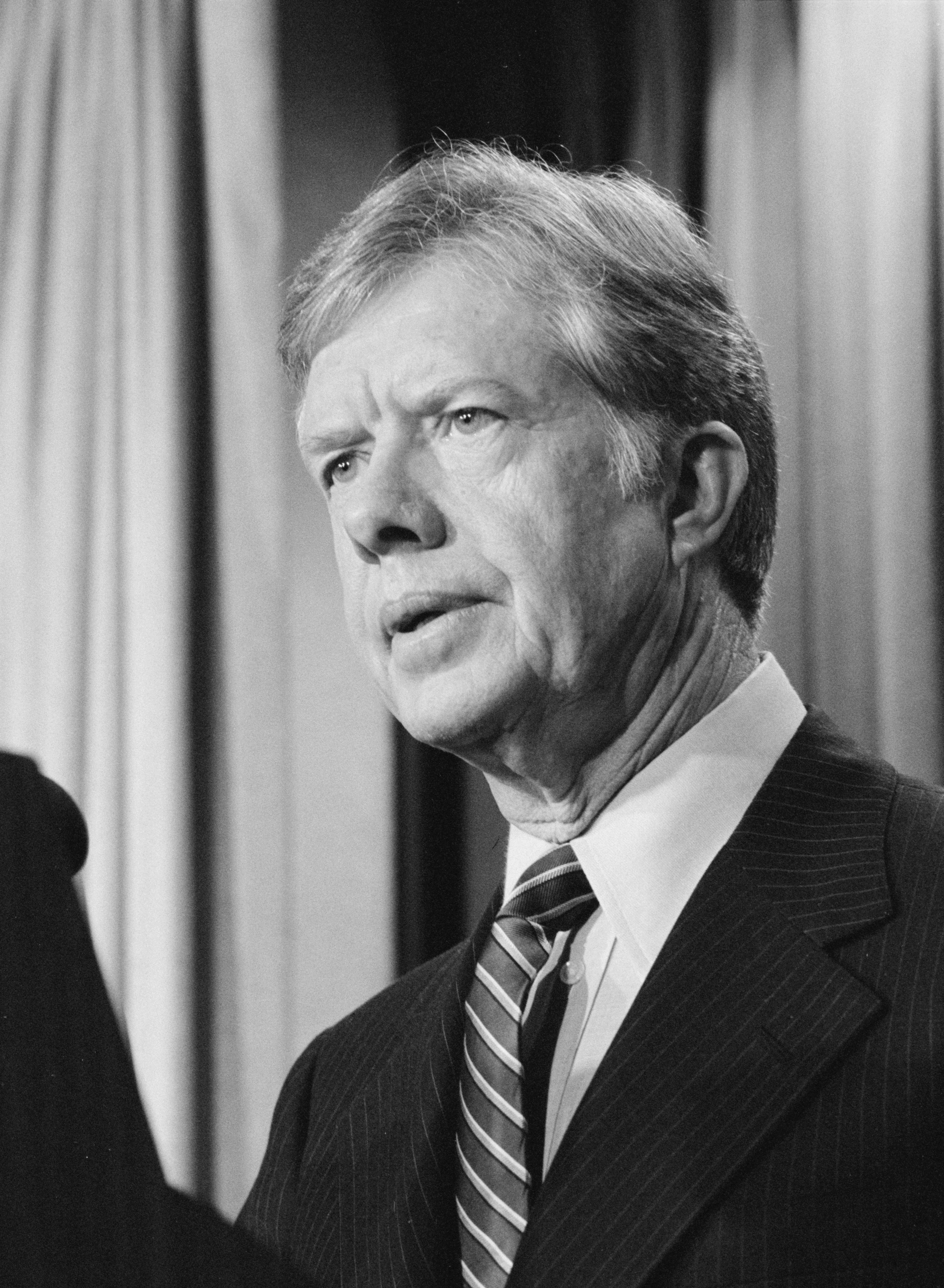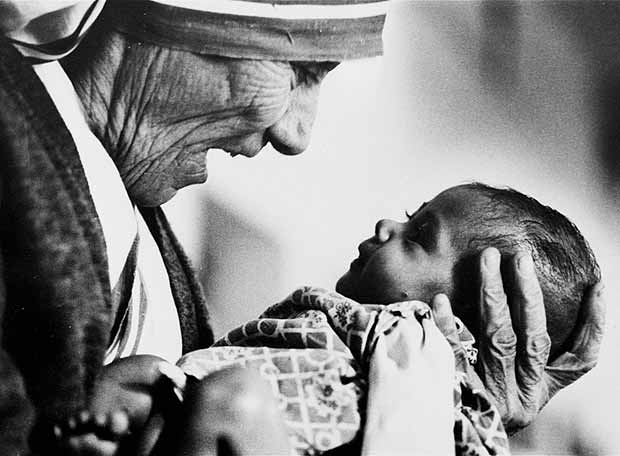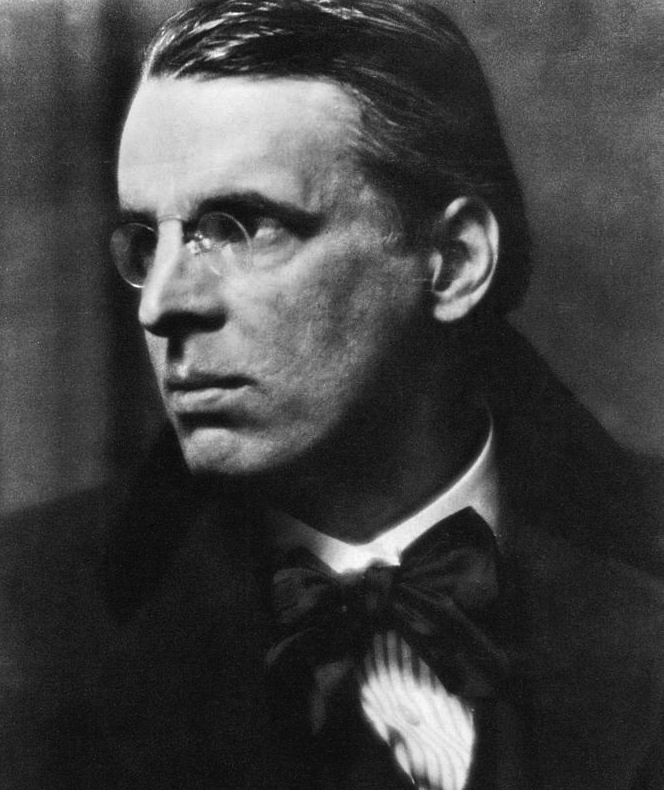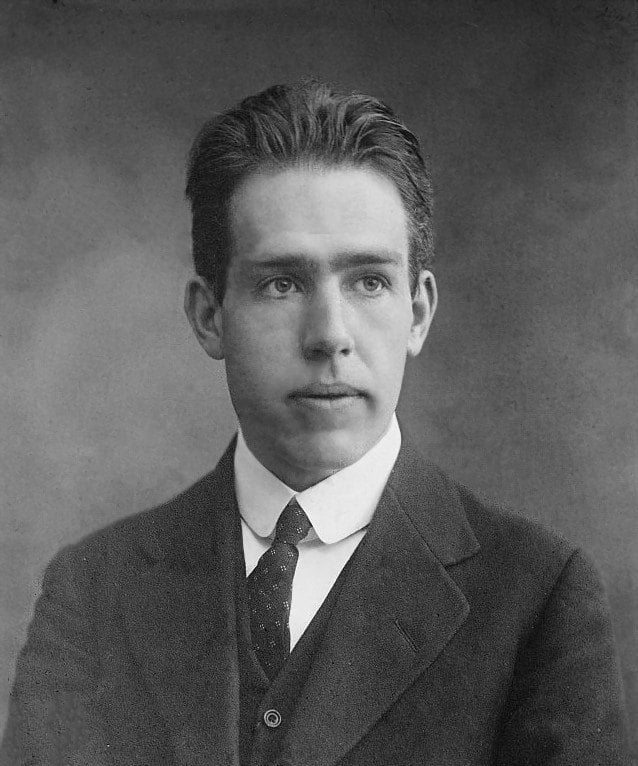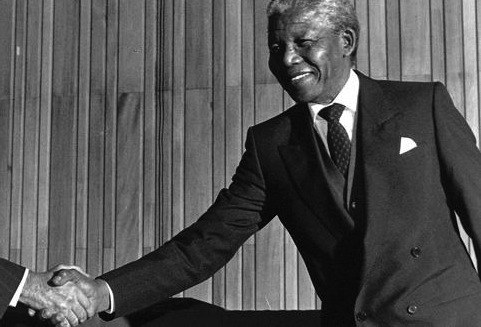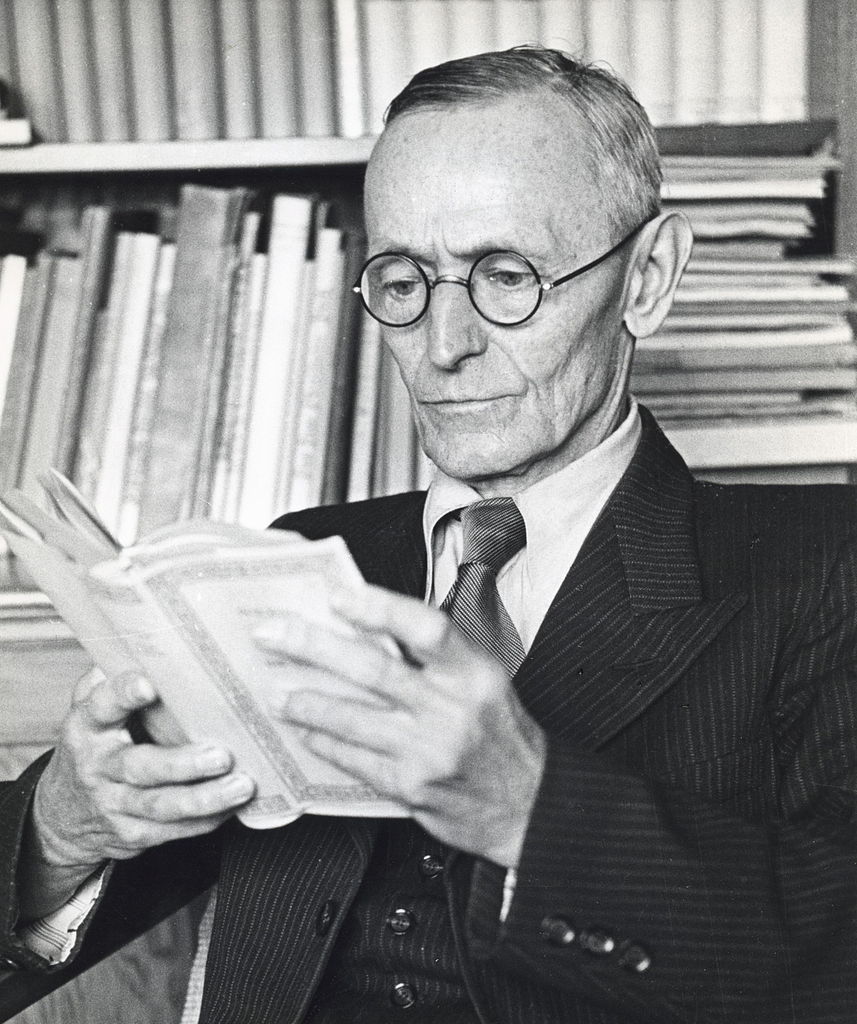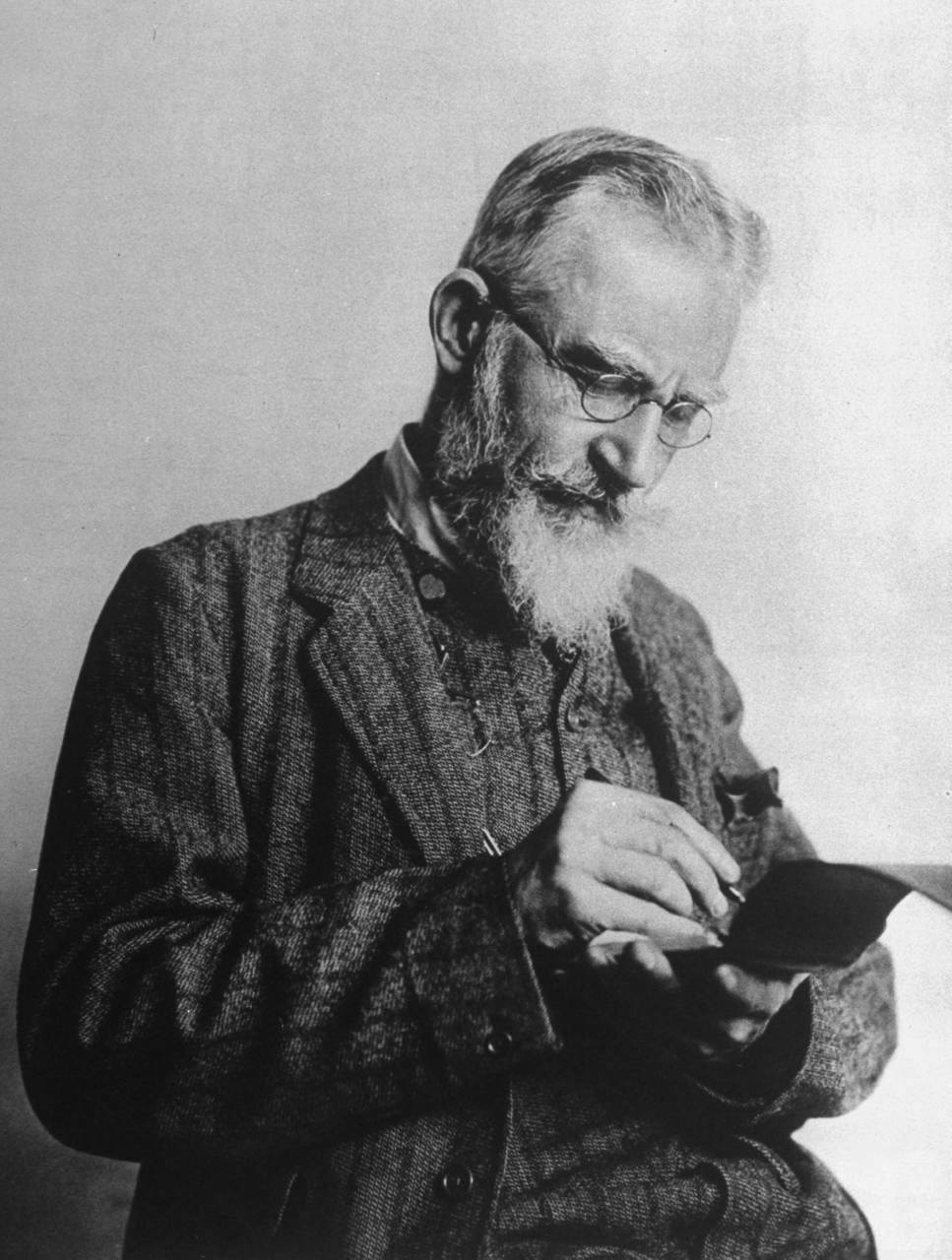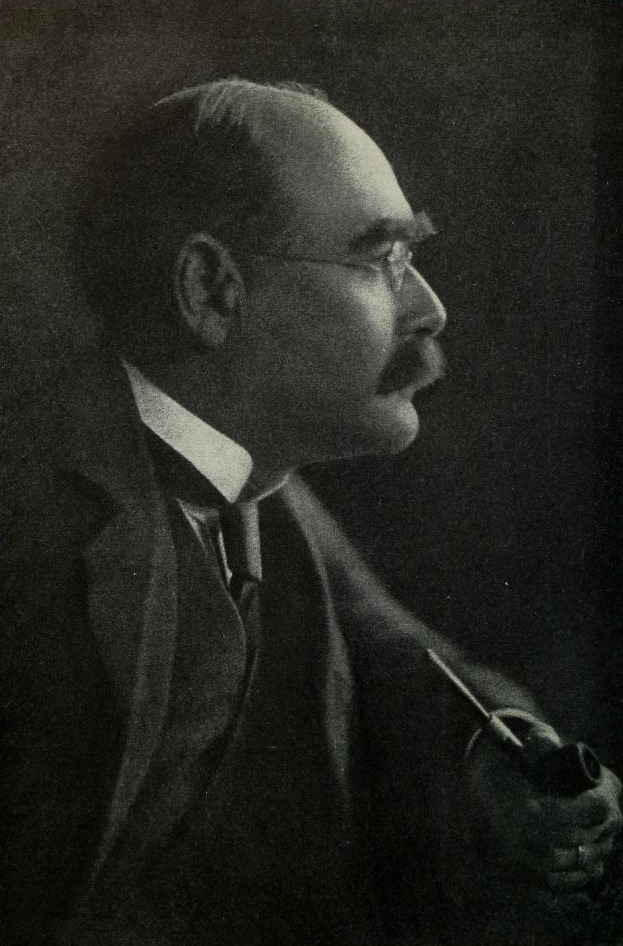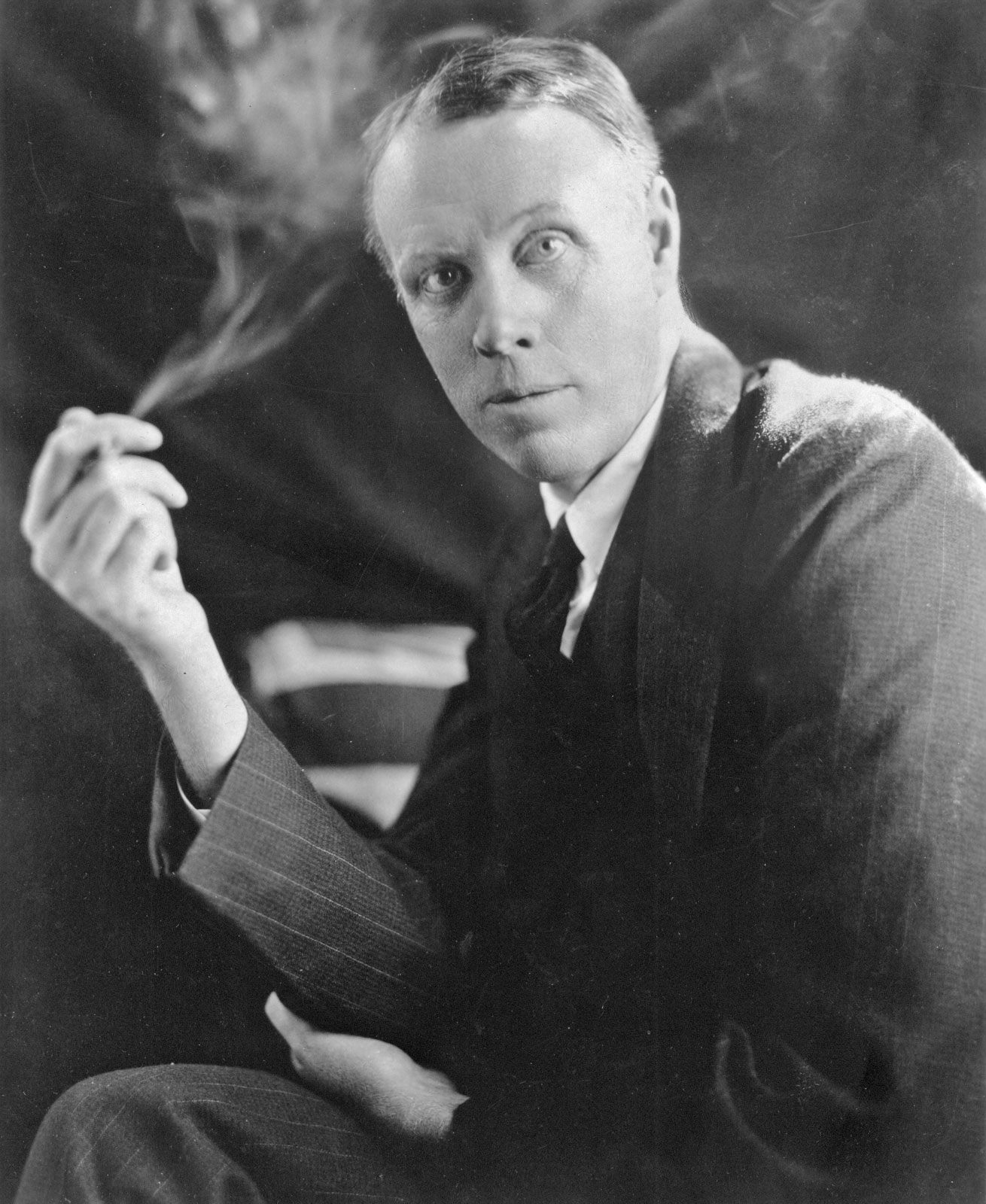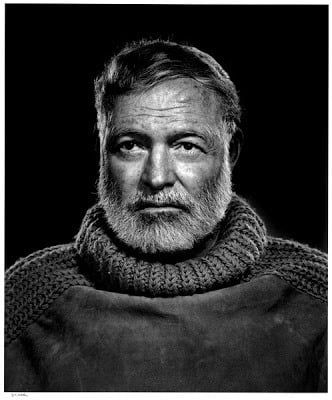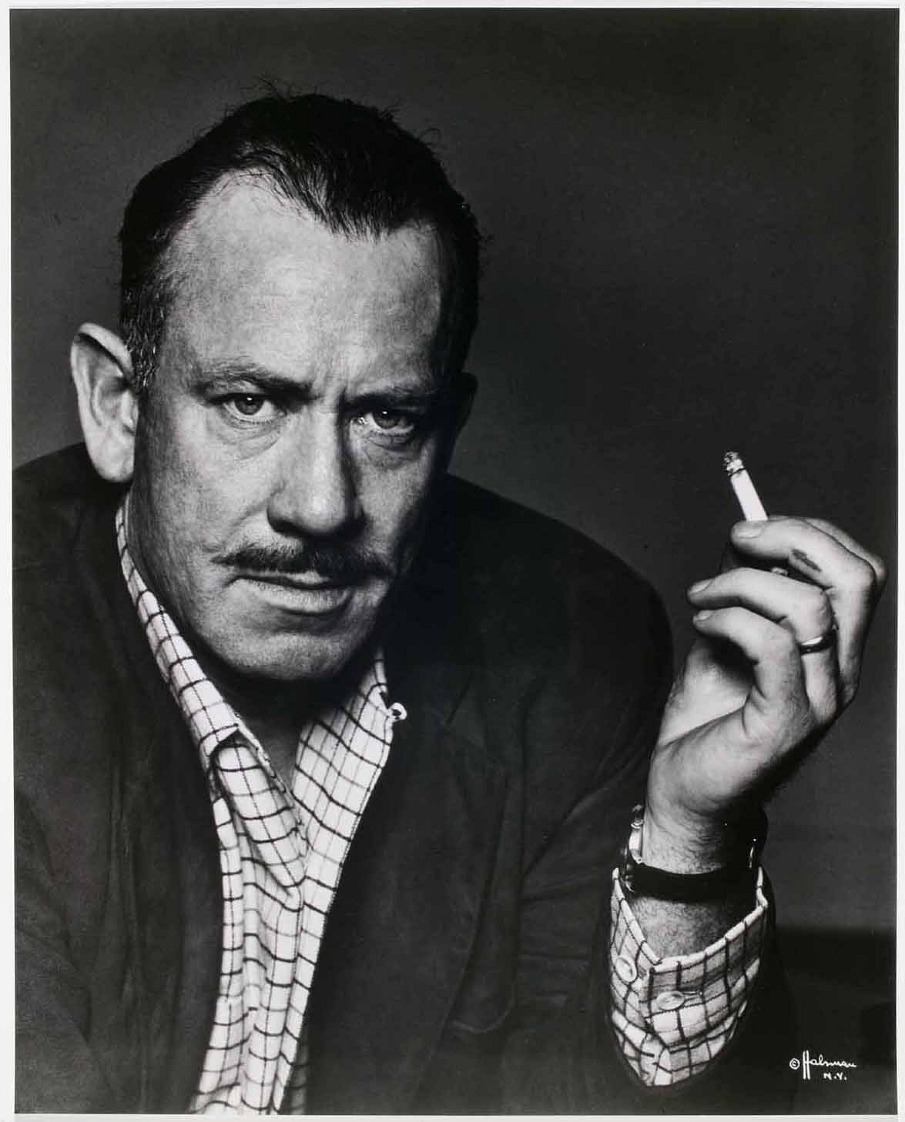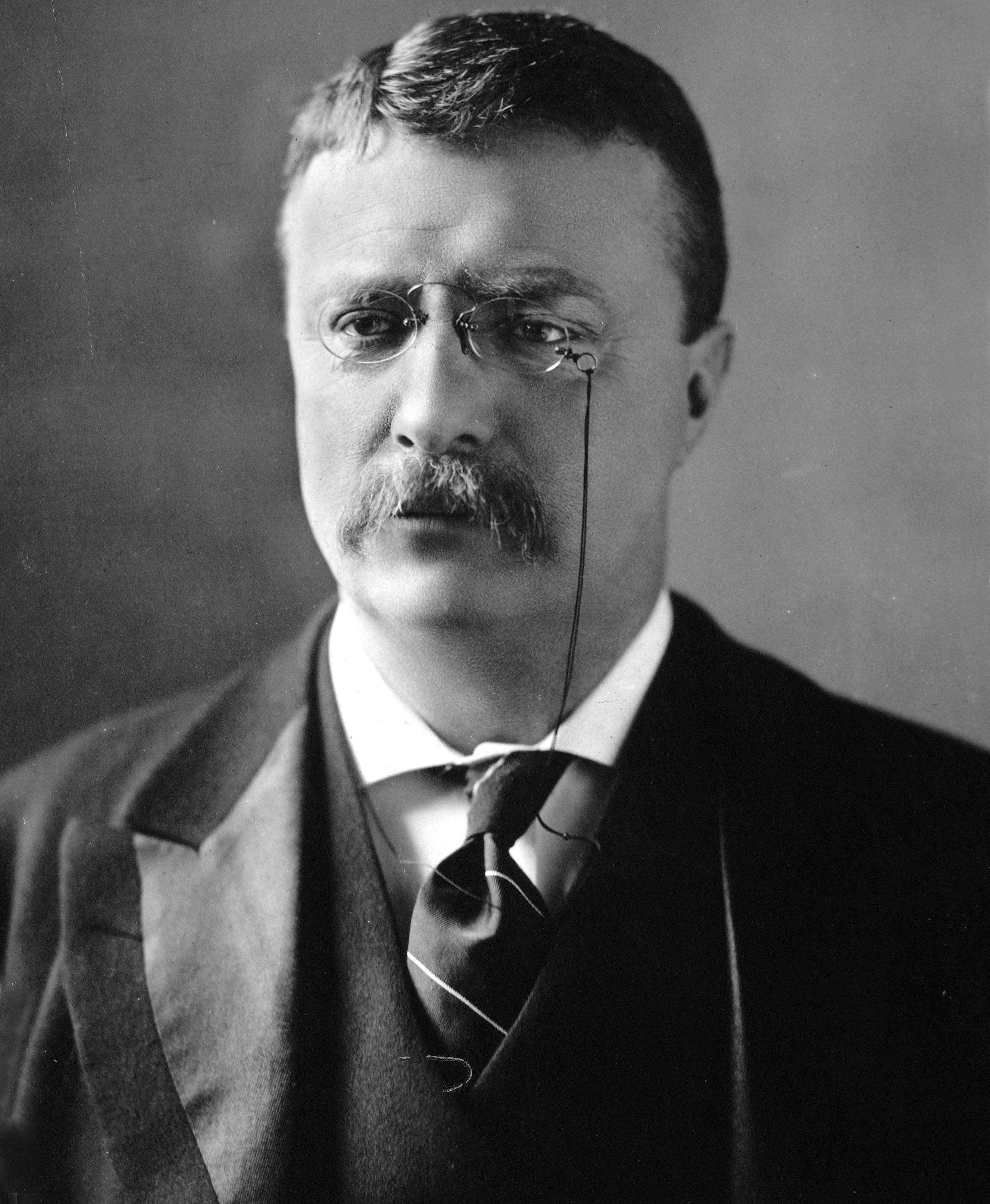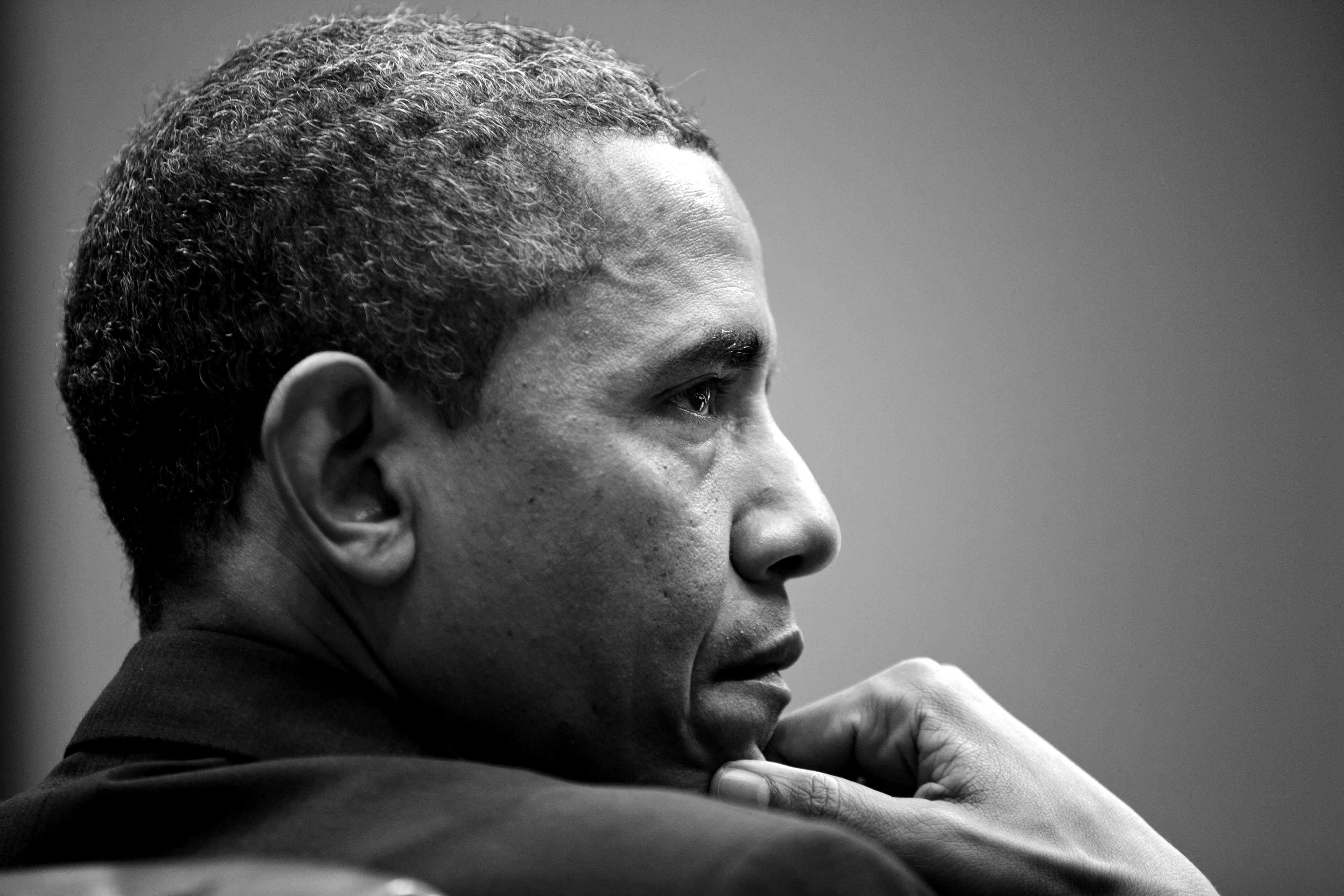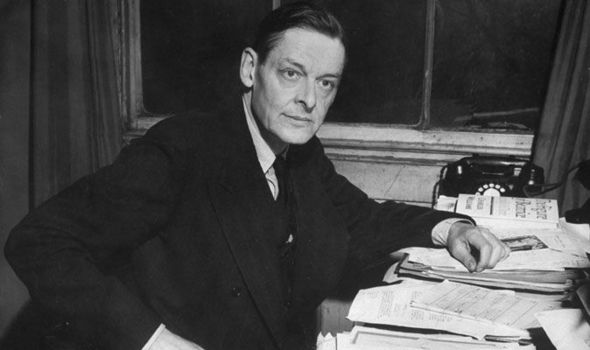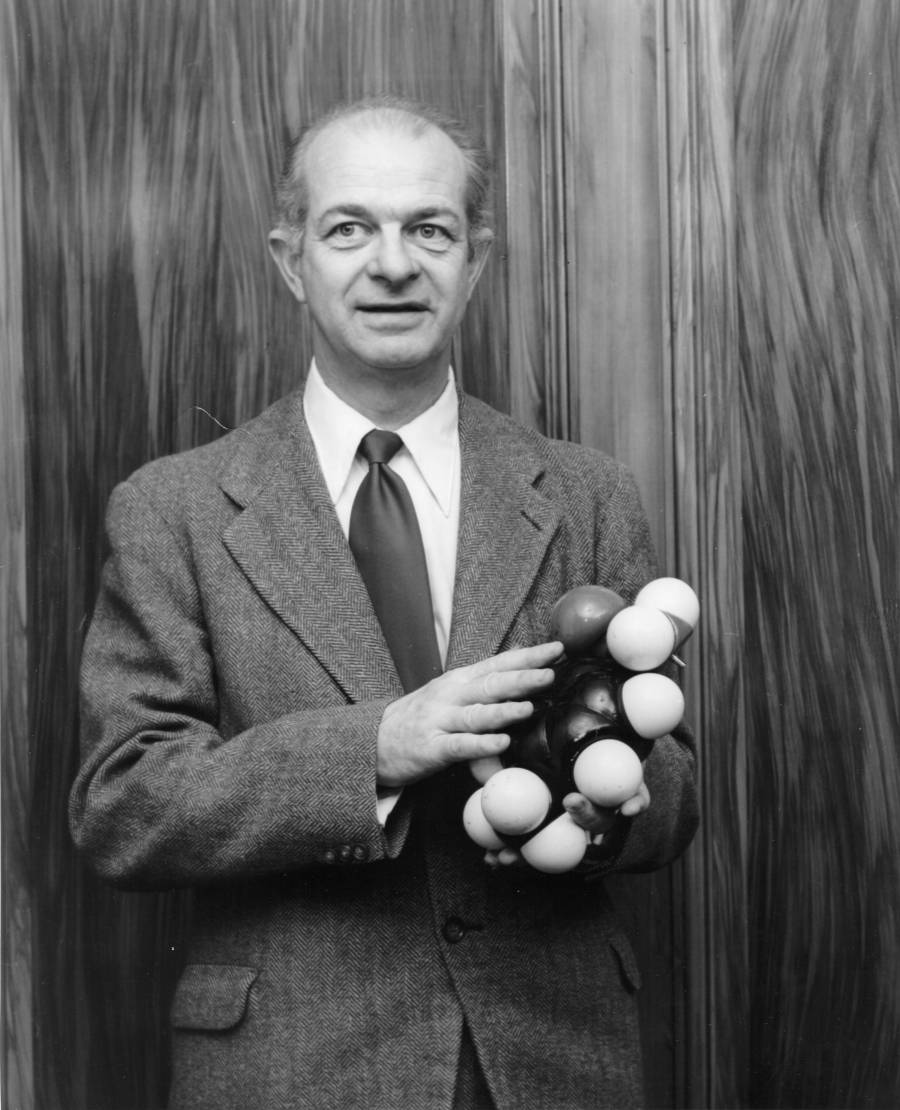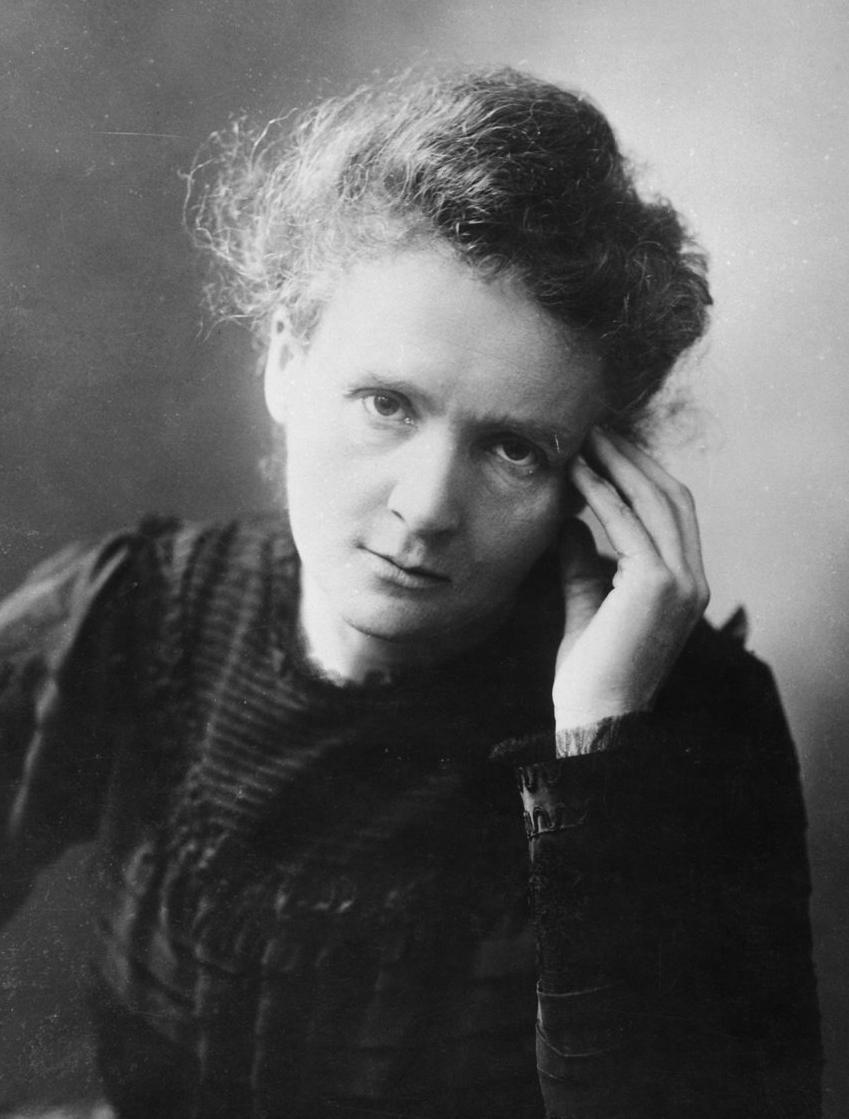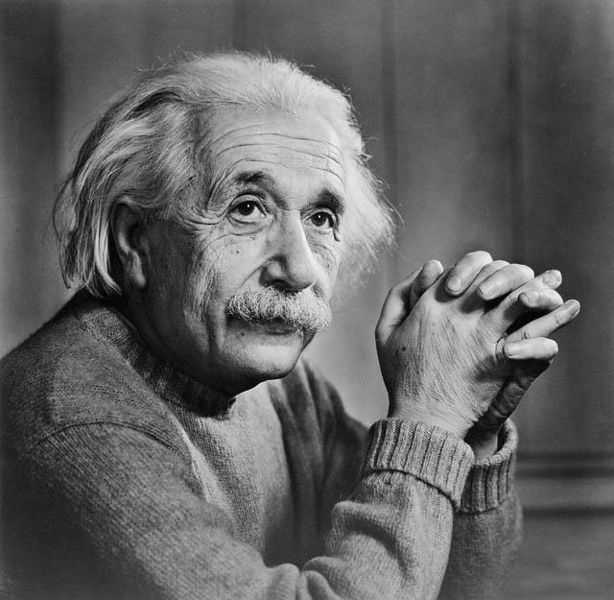Here are 20 philosophers, physicists, chemists, writers, thinkers, doers, and former Nobel Prize winners who set the foundation for worldly progression and sociological change. Their words are unparalleled, and their work has unquestionably altered the world we know today in a positive way. Yet, I realized something during my studies about these people that may surprise you, but I’ll save my reckoning till after these genius’ have the stand.
1. Malala Yousafza
Lesson Taught: Prioritizing knowledge over violence (particularly in the Middle East). Prize Category: Peace (2014)
2. Jimmy Carter
Lesson Taught: Unity trumps everything in our path to peace. Prize Category: Peace (2002)
3. Mother Teresa
Lesson Taught: The correlation of love, work, and sacrifice. Prize Category: Peace (1979)
4. William Butler Yeats
Lesson Taught: Positive perspective. Prize Category: Literature (1923)
5. Niels Henrik David Bohr
Lesson Taught: Make mistakes, but learn from them. Prize Category: Physics (1922)
6. Nelson Mandela
Lesson Taught: The important difference between fear and being afraid. Prize Category: Peace (1993)
7. Hermann Hesse
Lesson Taught: Live out the things you value most. Prize Category: Literature (1946)
“If you hate a person, you hate something in him that is part of yourself. What isn’t part of ourselves doesn’t disturb us.”
– Demian: The Story of Emil Sinclair’s Youth
8. George Bernard Shaw
Lesson Taught: Circumstances are made, not given. Prize Category: Literature (1925)
9. Rudyard Kipling
Lesson Taught: The power of words. Prize Category: Literature (1907)
10. Sir Winston Leonard Spencer Churchill
Lesson Taught: Overcoming adversity.
Prize Category: Literature (1953)
11. Sinclair Lewis
Lesson Taught: No way is the right way.
“It’s no enough to do our best; sometimes we have to do what’s required”
–Two Wars by Nate Self Prize Category: Literature (1930)
12. Ernest Hemingway
Lesson Taught: Reaching your potential is gaining fulfillment. Prize Category: Literature (1954)
13. John Steinbeck
Lesson Taught: Mind over mob. Prize Category: Literature (1962)
14. Theodore Roosevelt
Lesson Taught: One small step daily will eventually climb a mountain. Prize Category: Peace (1906)
15. Martin Luther King Jr.
Lesson Taught: The beauty of camaraderie. Prize Category: Peace (1964)
16. Barack Obama
Lesson Taught: Freedom doesn’t settle. Prize Category: Peace (2009)
17. Thomas Stearns (T.S.) Eliot
Lesson Taught: Prize Category: Literature (1948)
18. Linus Pauling
Lesson Taught: Everything must be taken with no more than one grain of salt. Prize Category: Chemistry (1954)
19. Marie Curie, née Sklodowska
Lesson Taught: Let fear be silenced by knowledge. Prize Category: Physics (1903)
20. Albert Einstein
Lesson Taught: Mind is to intellect as imagination is to genius. Prize Category: Physics (1921) These are by no means ordinary or standard thoughts. Yet, the ideas shared on a grand scale of an NPP banquet aren’t any more or less profound than conversations I’ve had with professors, colleagues, business associates, and, yes, my friends. We all want peace, change, and personal prosperity, but few of us take the personal and communal steps in order to get there.
“Imagination is more important than knowledge. For knowledge is limited, whereas imagination embraces the entire world, stimulating progress, giving birth to evolution. It is, strictly speaking, a real factor in scientific research.”
– Cosmic Religion: With Other Opinions and Aphorisms
“The world is a dangerous place, not because of those who do evil, but because of those who look on and do nothing.”
– Einstein’s Tribute to Pablo Casals
Realize that you, too, are capable of great things like the leaders I’ve shared with you today. Let’s gracefully and proudly stand on the shoulders of our forefathers, and expand what they worked so tirelessly to build. If you firmly believe that you are worthy to walk among these greats, than you’ll take the first step of enacting the change you so desperately seek in the world. Go get it. Featured photo credit: Podium / Pixgood via candymariebridges.com
